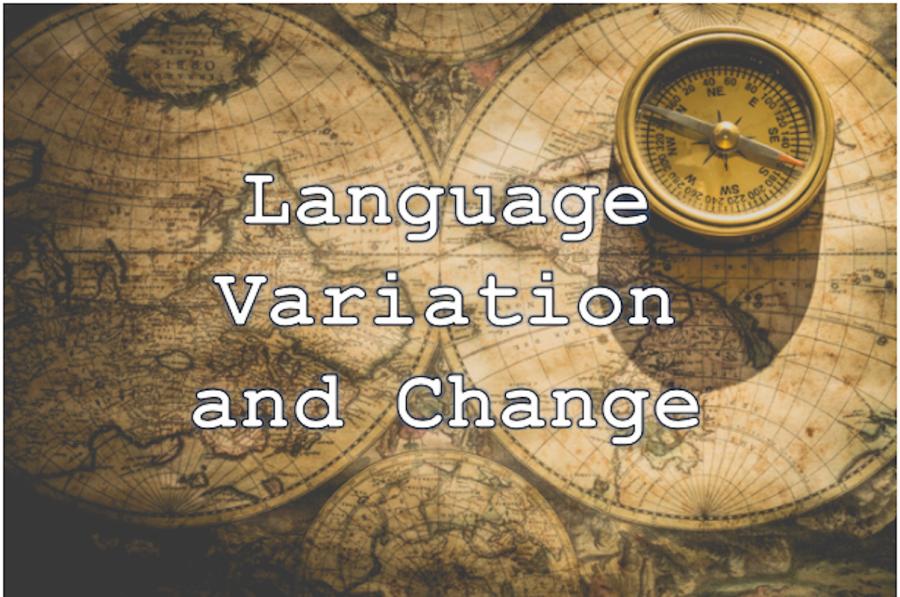Please join us for the second meeting of the Language Variation and Change workshop this Friday January 28th, at 3:30pm on zoom (link will be provided Friday morning). We will have Prof. Nick Enfield from The University of Sydney as our invited speaker. Below you can find the title and abstract of Prof. Nick Enfield's talk:
"TITLE: The Fate of Encounters: Infrastructure, Network Piracy, and Percolation in a Communicative Economy of Upland Central Laos
ABSTRACT
Language variation and change are social phenomena, but to what extent are they shaped by the physical world? This paper explores causal relationships between infrastructure, physical geography, and social networks in a communicative economy of upland central Laos.
We report on a long-term study of the dynamics of language contact in the Nakai Nam Theun (NNT) valley of Laos, in which several minority languages (Kri, Saek, and Bru) are spoken in close proximity, along with the two nation-state languages Lao and Vietnamese. We describe the linguistic ecology of NNT in the context of massive infrastructure change over the last two decades, with the installation of Laos’s biggest ever hydroelectricity project. The project has transformed local networks of transportation and inter-village contact.
Our starting point is the idea that interpersonal encounters are the causal building blocks of language transmission and are thus the key point of interest if we are to track mechanisms of language maintenance and diversification. We examine the role of transport infrastructure in the distribution of personal encounters. To understand the mechanics of change in this distribution, we invoke the concepts of stream piracy and percolation from geomorphology and network studies, respectively. These ideas help us articulate the causal mechanisms by which infrastructure change impacts the distribution of interpersonal encounters, and in turn, the distribution of linguistic practices and structures.
We interpret these findings in light of sociolinguistic debates around the question of how much agency individuals have over the networked distribution of linguistic practices. Our consideration of the impacts of infrastructure change suggests some important constraints on speaker agency."

